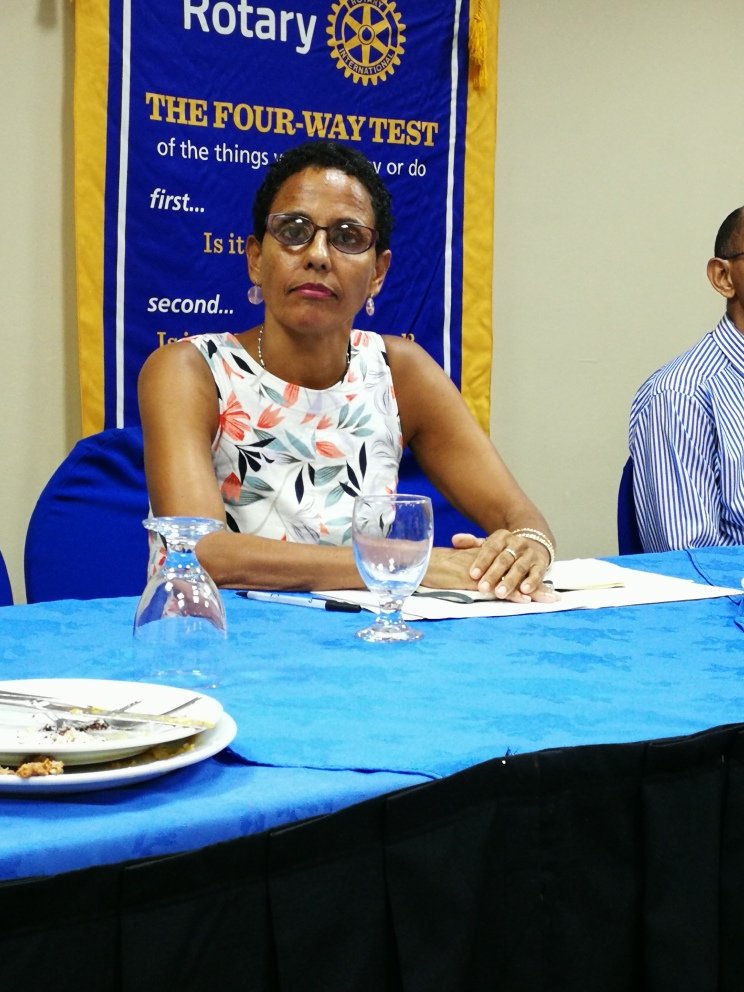Shelters in $ crisis

TT is woefully beneath international standards for providing shelters to victims of domestic violence. The Coalition against Domestic Violence says this country is providing a mere 25 shelters for victims and their families when, according to global estimates, the local requirement is at least 130 such family spaces.
What is worse, according to a statement by Roberta Clarke, president of the coalition, 2019 witnessed a dramatic decline in the availability of such facilities which are also constantly under threat because of financial constraints.
“Indeed in 2019, two shelters were forced to suspend their accommodation arrangements because the facilities need repairs,” Clarke said. “Whilst these shelter managers continue to provide counselling, their energies must be directed at fund-raising to meet the costs of renovation. One receives a subvention, the other does not. And even with the subvention, 90 per cent of the operating expenses must be generated through constant fund-raising from individuals and the corporate sector. Yet another shelter reports that it has had to cut its annual intake by nearly 50 per cent. In 2019, therefore, availability of shelter spaces declined dramatically because of financial constraints faced by the NGO sector.
At a meeting co-hosted by the coalition and another NGO, Conflict Women, last Thursday, shelter administrators made an urgent appeal for immediate and adequate financial support to the NGO-run shelters. It is estimated that just less than $1 million would cover all operational costs for three shelters for a year, enabling them to provide emergency accommodation for at least 35 survivors and their families.
Clarke said domestic violence, particularly against women, is prevalent in TT, with many of the victims living in fear and believing there is no way out. Applications for protection orders, intended to be heard urgently, Clarke pointed out, “ may get lost in an over-burdened court system and even when obtained, have not always guaranteed survivors effective protection from perpetrators.”
“For this reason,” she added, “emergency shelters are critical and provide safe spaces for those leaving abusive relationships. Shelters save lives by enabling survivors to rebuild their lives in peace and safety. They provide accommodation, security, counselling, legal aid, transportation and ensure that children continue school with minimal disruption.”
Shelters were pioneered by women’s organisations and have been successful in providing emergency accommodation for over 30 years. Clarke said their expertise, proven track record and commitment to supporting victims and survivors should be recognised and celebrated.
According to some international standards, there should be one family space per 10,000 people. The local NGO estimates therefore, that there should be at least 130 family spaces. Currently, NGO shelters provide at most 25 such family spaces.
Clarke said the proposed government shelters for domestic violence survivors, once operational in 2020, may accommodate about 12 women and their families. “There is therefore a large unmet need for shelter provision, adding that the situation is particularly acute in Tobago where there are no shelters, though one is planned by the NGO Women of Substance.
Clarke said subventions should be sufficient to allow the shelters to offer the range of services needed by those especially affected by domestic violence, and their children. Transition housing is also urgently needed and should be provided by the Ministry of Housing.
Additionally, the statement said, a range of governmental departments need to be more proactive in supporting the shelters. The NGO suggests that this should be done through agreements for coordinated support to victims in shelters- the provision of school places, medical attention, provision of counselling, fast tracking of applications for protection orders and police protocols for shelter protection.
The NGO said ending gender-based violence must be prioritised in TT’s national developmental discourse and this will be demonstrated by adequate resource allocations to those doing the work to support victims and survivors.


Comments
"Shelters in $ crisis"